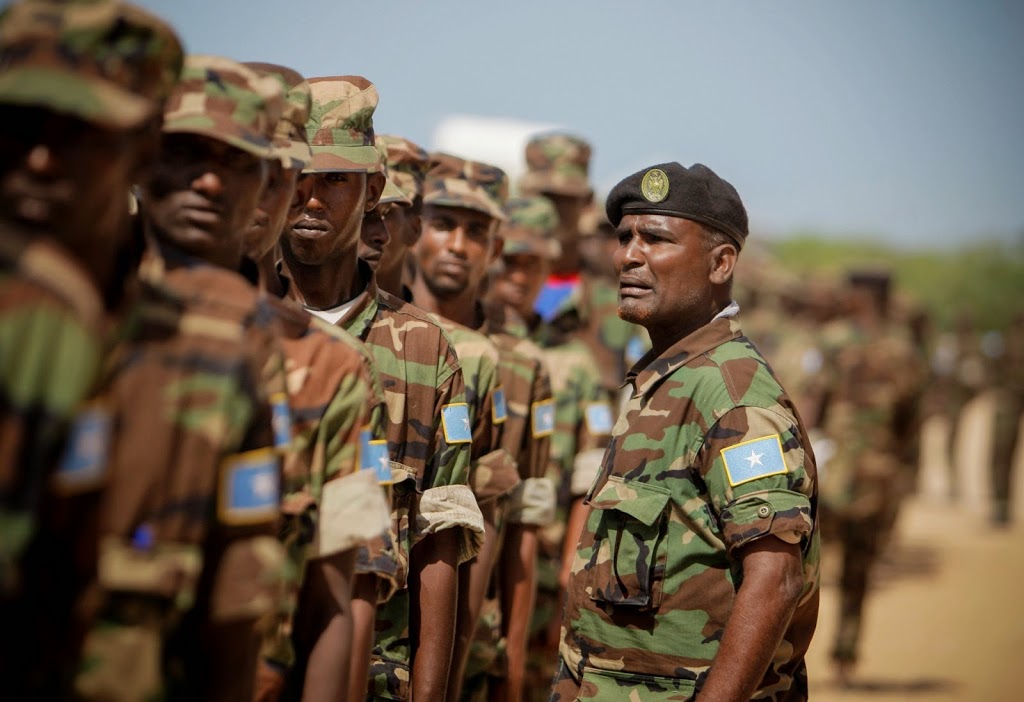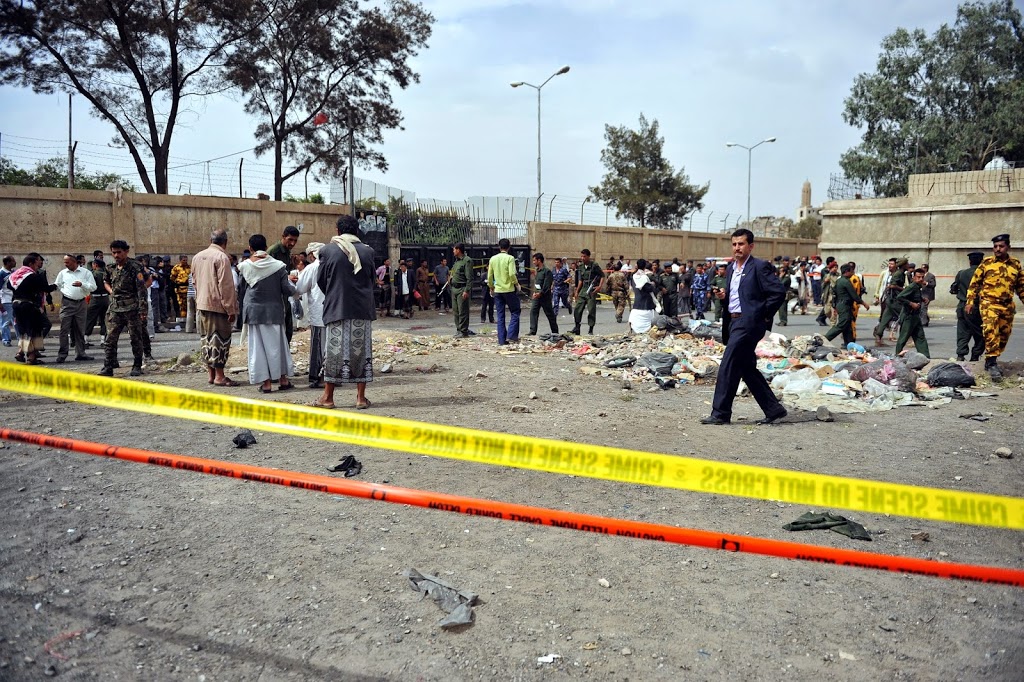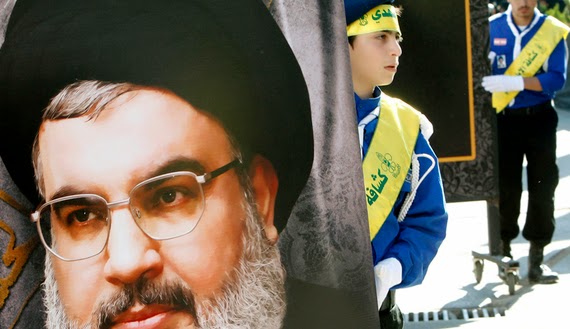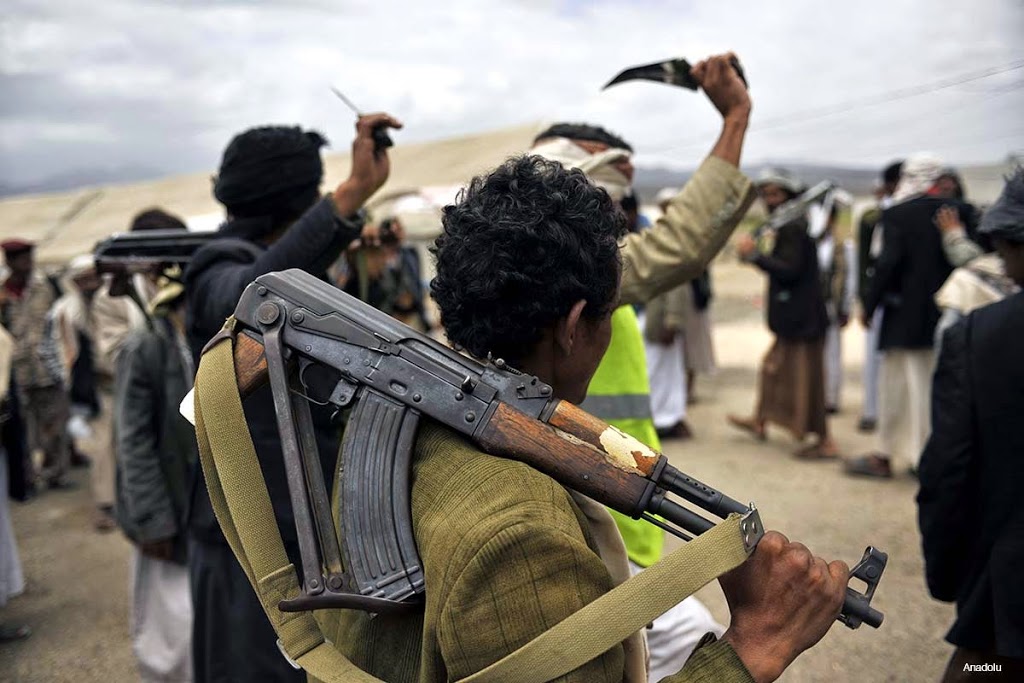On Feb. 2, 2014, the Mujahedeen Shura Council in the Environs of Jerusalem in Gaza issued a statement announcing that it was “committed to helping ISIS and bolstering its ranks.” Nine days later, another Salafist jihadist group posted a video announcing its support for the Islamic State of Iraq and al-Sham, now the Islamic State (IS). By the end of 2014, things appeared to have moved beyond mere support, as Al-Monitor met with Gazans who claimed to be affiliated with IS, although, according to the spiritual leader of pro-IS youth in Gaza, IS had rejected their pledge of allegiance.
He explained that Baghdadi is aware of various disputes among Salafist groups in Gaza and clarified that Ansar Bayt al-Maqdis in Sinai deserved their allegiance to be accepted, because they had managed to organize 19 Salafist groups under their flag and carry out operations on the ground.
Abu al-Walid asserted that the dispute between IS and al-Qaeda has affected the jihadist community in Gaza, stating, “Salafist groups have become divided, and they have tarnished IS’ image in the Gaza Strip, even more than Hamas has, due to the dispute between IS and al-Qaeda.” He also said, however: “There is an IS-affiliated group in the Gaza Strip, and it is not a bunch of divided individuals. Hamas and all Salafist groups are well-aware of this.”
Hamas deputy leader Mousa Abu Marzouk told Al-Monitor during a news conference Dec. 8: “IS militants are not present in the Gaza Strip. Some youth are adopting ideas under the pressure of the current circumstances, but if the situation changed, they would too.”
Abu al-Walid, who has in his library the series of fatwas by the 13th century Islamic scholar Ibn Taymiyyah, a principal authority for Salafists, revealed that he is in touch with IS over the Internet, but is reducing his activity because of heightened surveillance. “Even [believing in Salafist] ideology and belonging [to a Salafist group] are punishable by arrest by Gaza’s security services. We can no longer gather in study groups as we did in the past,” he said. The security forces summoned Abu al-Walid about a year ago.
Abu al-Walid openly stated that he had contacted Ansar Bayt al-Maqdis online in the past, but that their last contact had been in 2012. He also said that if he were younger, he would have traveled to wage jihad.
“More than 100 men from Gaza Strip went to fight alongside IS, and some of them were part of my study group. One of them cried here in this room and told me that I was forbidding him from going to heaven because I preferred that he fight in Gaza instead of traveling to fight abroad. Fighting Jews here is also jihad,” Abu al-Walid said.
He denied having any links to any bombings or threatening statements issued in IS’ name in the Gaza Strip. “Salafist groups have nothing to do with the bombings of Fatah houses and the French consulate. These rumors aim at tarnishing the image of IS and pushing people away from it. We do not have the freedom of worshiping and giving sermons in mosques, and subsequently, we do not have the freedom to carry out bombings,” he stated.












